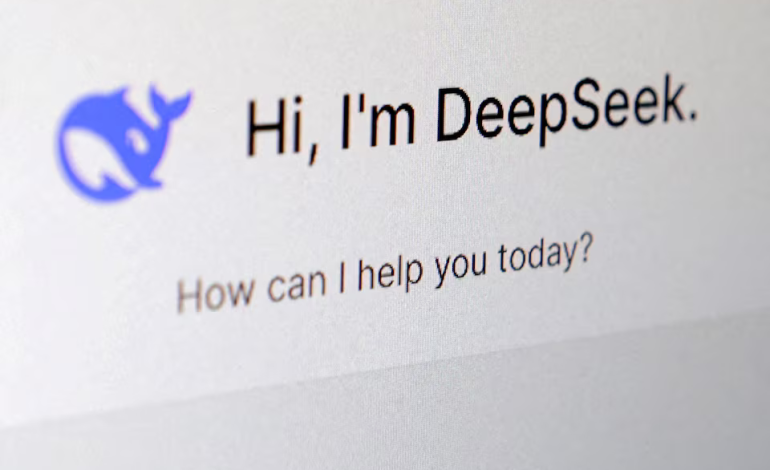Europe’s tech firms are finding new opportunities to compete on the global AI stage with the emergence of DeepSeek, a Chinese AI company that is reshaping the landscape for startups and established companies alike, Reuters reports.
DeepSeek has become an attractive alternative to more expensive models from companies like OpenAI, offering a significant reduction in costs that is proving to be a game changer, particularly for smaller businesses with limited budgets.
Several companies, especially startups, have quickly adopted DeepSeek’s technology to reduce their expenses. Hemanth Mandapati, the CEO of German startup Novo AI, made the switch to DeepSeek’s chatbot just two weeks ago.
“If you have built your application using OpenAI, you can easily migrate to the other ones… it took us minutes to switch,” he said in an interview.
Mandapati also highlighted the substantial cost savings, noting that the offer from DeepSeek was five times cheaper than OpenAI’s standard pricing, with no noticeable impact on user experience.
This shift toward DeepSeek has generated excitement among startup executives who see the potential for AI democratization.
“It marks a significant step forward in democratizing AI and leveling the playing field with Big Tech,” said Seena Rejal, Chief Commercial Officer of British firm NetMind.AI, another early adopter of the platform.
Analysts at Bernstein estimate that DeepSeek’s pricing is 20 to 40 times lower than its competitors, with DeepSeek charging just $0.014 per million tokens, compared to OpenAI’s $2.50 for the same amount.
DeepSeek’s impact goes beyond cost savings; it has the potential to push other companies in the AI space to improve their models and lower their prices in response. As a result, the competitive pressure could benefit both companies and consumers in the long run. For instance, in January 2024, Microsoft introduced OpenAI’s reasoning model to Copilot users for free, as part of its own strategy to remain competitive in the fast-evolving AI market.
However, the sudden rise of DeepSeek has also raised concerns. There have been questions about whether DeepSeek is using data from OpenAI and whether its responses may be subject to censorship, particularly around sensitive topics related to China. This has led to investigations in several European countries.
The lower cost and structural impact of DeepSeek are not lost on venture capitalists.
“While the future of DeepSeek as a business is difficult to predict, the structural impact seems quite pervasive,” said Sanjot Malhi, partner at Northzone.
In addition to lower operational costs, DeepSeek’s emergence serves as a wake-up call to other tech companies.
“Bigger isn’t always better,” noted Fabrizio Del Maffeo, CEO of Axelera AI.
By making AI more accessible, DeepSeek has the potential to lower the barriers to entry and spark innovation across the industry.
Despite the growing interest, larger firms remain cautious about switching to DeepSeek, as factors like security certifications and software integration frameworks remain critical in their decision-making. Companies such as Nokia and SAP are waiting to see how the market unfolds before making any significant changes.
In comparison to the US, where AI investments have surged—totaling nearly $100 billion in 2024—Europe’s investments in AI have been more modest, with $15.8 billion in venture capital backing. Yet, the rise of DeepSeek offers hope to European tech firms that have struggled to match the rapid pace of US AI innovation.








